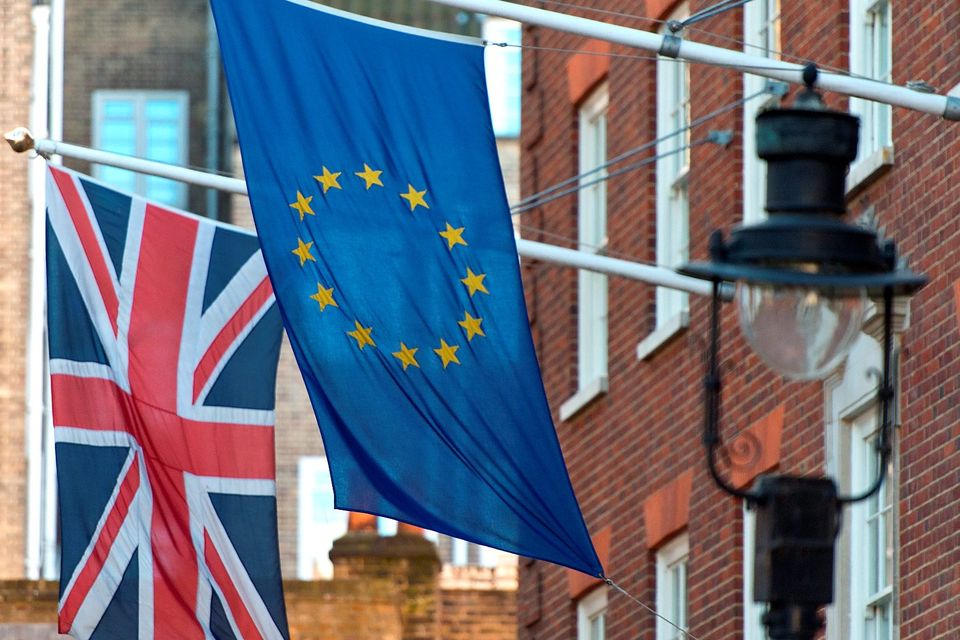Domhnall Casey: Britain's long-standing notions of superiority lurk behind EU debate
Photo by Ben Pruchnie/Getty Images
A big clue as to why the British might want to leave the EU (apart from the fact that it badly needs reform) surely lies in the way they joined in the first place in 1973. According to Luigi Barzini (in his book 'The Europeans'), they did so "disastrously, too late, too expensively, at the wrong moment, and somewhat squeamishly, though politely concealing their feelings, like decayed aristocrats obliged by adverse circumstances to eat in a soup kitchen for the needy. They made it very clear they did it because of force majeure but they were ready to leave at the first opportune time." And indeed, as early as 1975 they held a referendum on whether to stay or leave.
But to understand their place in Europe we should remember that for some reason, from the 19th century until after the First World War, 'continentals' bent over backwards to imitate British virtues - or, more accurately, the manners and practices of the English ruling classes.
Join the Irish Independent WhatsApp channel
Stay up to date with all the latest news















